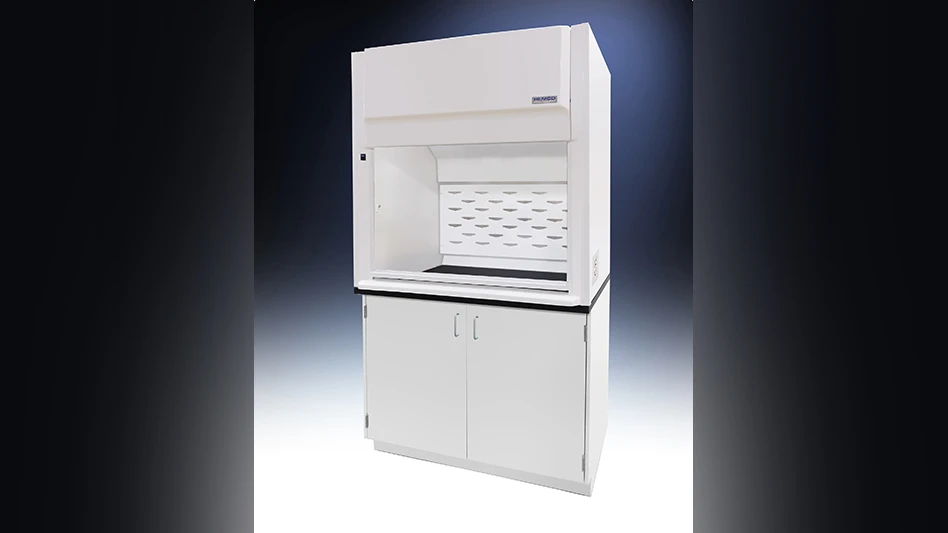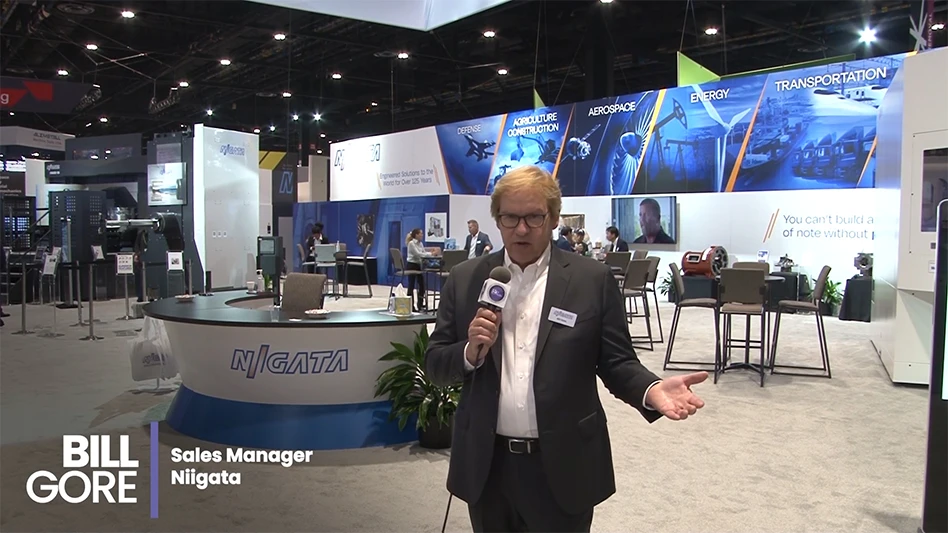
Montréal – Officials from Bombardier Commercial Aircraft and Air Canada have signed a letter of intent (LOI) for the sale and purchase of 45 CS300 aircraft with options for an additional 30 CS300 aircraft, which also includes conversion rights to CS100 aircraft.
Air Canada will become the first North American mainline, international network carrier for the C Series family of aircraft.
Based on the list price of the CS300 aircraft, a firm order for 45 would be valued at approximately US$3.8 billion. Deliveries are to start in 2019.
“We’ve been carefully assessing the capabilities of Bombardier’s C Series aircraft and its progress for some time and today we are very pleased to announce an agreement to acquire the CS300 for our mainline fleet,” said Calin Rovinescu, president and CEO, Air Canada.
“We’re thrilled to welcome Air Canada as our first mainline, international carrier located in North America. A landmark order from a marquee and iconic customer like Air Canada is a very significant strategic marker for the C Series aircraft program and we’re looking forward to further strengthening a relationship that spans 30 years,” said Bombardier Commercial Aircraft President Fred Cromer.
"Our recent focus has been to add a large North American international network carrier to complement our orders in both Europe and Asia, and with Air Canada we are achieving our goal of creating a strong global footprint for the C Series aircraft," said Alain Bellemare, president and CEO, Bombardier Inc.
Thus far, Bombardier has booked orders and commitments for 678 C Series aircraft, which include firm orders for 243.
Cutting 3,800 aero workers
The same day as the Air Canada announcement, Bombardier management said it will take steps to optimize the company’s workforce with a combination of a manpower reduction and strategic hiring throughout 2016 and 2017. During the next two years, Bombardier’s global workforce will be reduced by a targeted 7,000 production and non-production employees, including 2,000 contractors. Of the 7,000, 3,800 will come from the company’s aerospace business segments: aerostructures and engineering services (2,500); business aircraft (500); and product development engineering (800). None will come from the commercial aircraft segment, which is hiring to support the ramp-up of the C Series.
Bombardier is adapting its workforce to reflect the end of development programs, according to officials, and is decreasing production rates for some aircraft models due to macroeconomic conditions.
The C Series aircraft program continues to ramp up its production rate and to win orders, generating new jobs at the Bombardier facility in Mirabel, Québec. The number of employees directly assigned to the C Series program has increased in the past few months, reaching a total of 3,450 employees worldwide, and is expected to keep growing over the next few years.
Bombardier has 64,000 employees worldwide, but impacted positions are mostly in Canada and Europe, where the company’s aerospace and rail transportation activities are concentrated. Bombardier expects to record $250 million to $300 million in restructuring charges that will be reported as special items when accrued.
Aerospace Industries Association of Canada (AIAC) declared in a statement that the organization “recognizes the key role that Bombardier plays in the Canadian aviation industry and the need for Bombardier to restructure its businesses. We also recognize the difficult impact that job reductions will have on employees and their families.”
Bombardier officials said the company will support affected employees and will provide them with resources to help them manage through their transition.
The C Series program involves more than 200 suppliers in Canada and provides direct employment to more than 2,000 persons in Canada, according to AIAC.
"Québec has nearly 42,000 employees in aerospace and more than 200 small and medium enterprises (SMEs). We should not overlook the importance of SMEs and integrators and the many contracts that have been won by these companies in recent times," said Suzanne Benoît, president of Aéro Montreal, a Québec-based aviation think tank.
Sources: Bombardier, AIAC, Aéro Montreal
Latest from Aerospace Manufacturing and Design
- OMIC R&D hosts Supporting Women in Manufacturing Day 2024
- 4D Technology's AccuFiz SWIR interferometer
- Seventh Lockheed Martin-built GPS III satellite launches
- KYOCERA AVX's CR Series high-power chip resistor
- UT researchers receive Air Force grant for wind tunnel
- Monticont's linear voice coil servo motor
- FAA certifies Pratt & Whitney GTF engine to power the Airbus A321XLR
- Wevo's silicone gap filler





